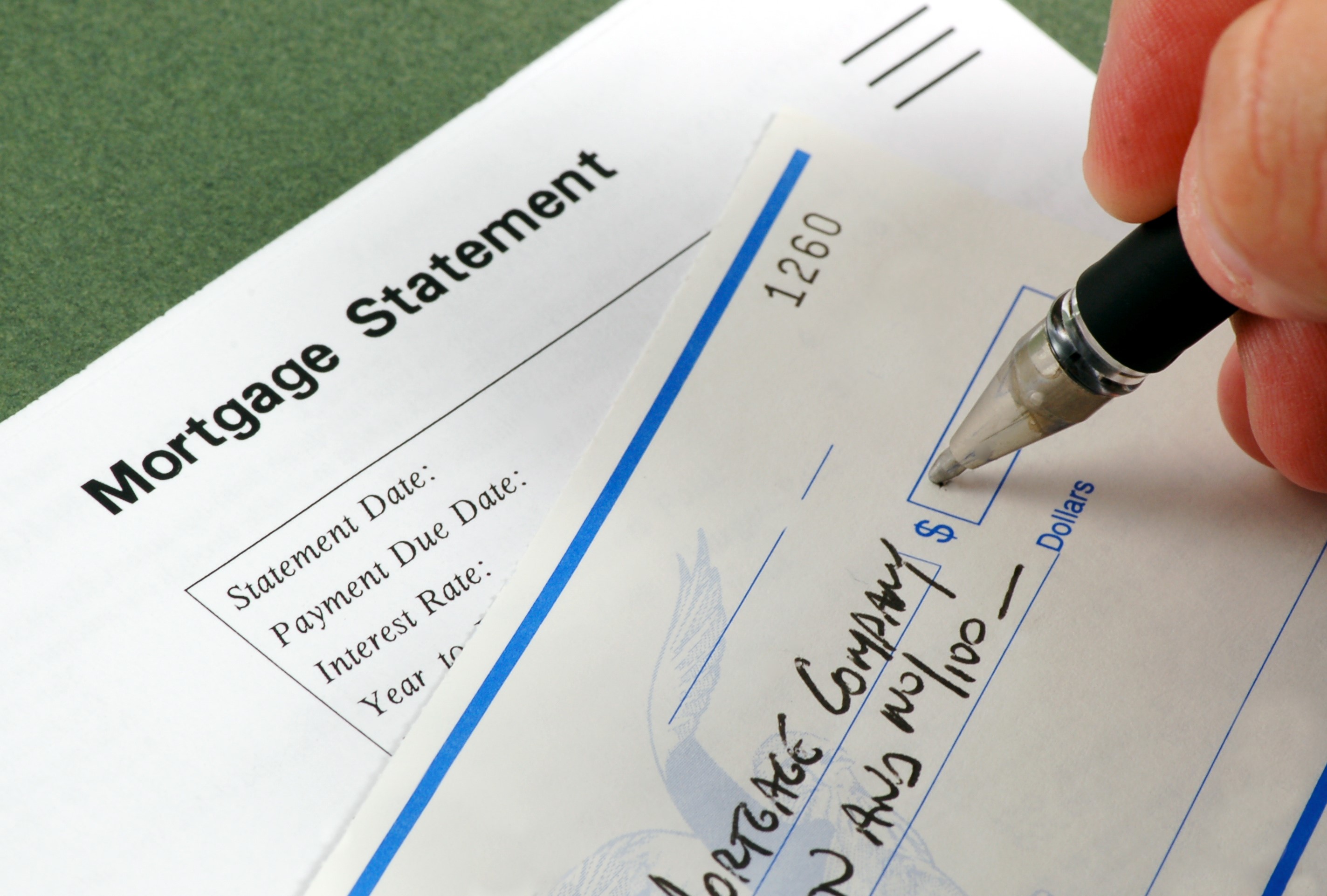Manufactured vs. Modular Homes
When it comes to residential construction, there is a wide range of housing options to suit different needs and preferences. Among these...

Mortgage interest rate, along with loan term, are the key variables determining how much you will pay monthly and the life of loan interest. Published interest rates display as a whole number to the thousandth decimal (x.xxx) and represent the annual interest on a loan – this is why interest rate acts as a base for APR (annual percentage rate). When calculating monthly payments, that rate breaks out into twelve equal parts. So, if you are looking at a rate of 4.000%, the rate used to calculate your payment is 0.333%. Similarly, the mortgage loan term is a yearly representation of total monthly payments (a 30-year loan term represents 360 monthly payments).
For the mathematically inclined – or the generally skeptical – use this equation to verify online calculators across the internet.
As mentioned above, the interest rate acts as the base for calculating APR. Most people understand a lower interest rate as better than a higher one. This, however, is not always so straightforward. Loan costs are a huge factor when shopping for mortgage loans and can result in a higher APR which negatively affects your total monthly payment and the amount of interest you will pay over the life of the loan. Sometimes those extra costs result in a higher principal, meaning you’re paying interest on more money than you should. Therefore, it can be more useful to understand the interest rate as a starting point.
Base mortgage rates are set depending on what is happening or projected to happen in the economy. So, unfortunately, these are not something you have much control over.
Generally, mortgage rates tend to go up if the economy is doing well. A thriving economy usually means significant job growth and the possibility of inflation. When inflation occurs, the dollar loses buying power and lenders will hike interest rates to make up for it. On the other hand, as the economy slows, you can usually expect mortgage rates to fall.
Mortgage investors pay attention to myriad economic factors, including trends in the stock market and movement in the housing market.
Any time the Federal Reserve meets, it is a newsworthy moment for mortgage industry professionals. The Fed looks at many of the same economic variables mortgage professionals pay attention to – job growth, inflation, stock prices, housing prices, etc. – to set short-term interest rates. That is not to say that The Fed sets mortgage rates. They don’t. Their published rates can, however, serve as a good marker for where mortgage rates may go. Fed rates and mortgage rates move independently but tend to trend in the same direction.
Individual lenders set their own rates incorporating base rates and other risk assumptions. Some assumptions are not necessarily related to the individual borrower. Loan term, for instance, tends to influence rates consistently in that longer-term loans will have slightly higher rates. Other assumptions are borrower specific and can result in different loan offers between applicants. You have significantly more control over these lender-specific criteria.
The most salient of all is probably credit score. Advertised rates are often based on a minimum credit score. Any score under that threshold may result in a slightly higher rate or a small fee to adjust for the risk. CapCenter, for instance, offers a no closing cost rate (published daily) for credit scores of 740 or above. A credit score under 740 may result in a small percentage fee to keep the interest rate the same.
Other assumptions include the debt-to-income ratio (DTI), loan-to-value (LTV), the type of loan, and the type of residence. An investment property, for instance, may come with a slightly higher rate than a primary residence.
All lenders generally consider the same criteria. Not all lenders, however, assess them in the same way. Some lenders are more willing to take on risk and are therefore more willing to overlook certain criteria another would look at critically. You may also find two similarly risky lenders who treat the loan differently – one with a higher interest rate and one with a one-time fee. It’s also possible that you come across a lender that is just plain overwhelmed and, even though you are a strong applicant, will offer a higher interest rate because they don’t have the capacity to process your loan.
For these reasons and more, it is important to shop around. Put your application in front of multiple lenders to see what they can offer. Once you’ve gathered multiple quotes and Loan Estimates, you can compare them head-to-head and pick the best option for you! We’d be happy to get you started!

When it comes to residential construction, there is a wide range of housing options to suit different needs and preferences. Among these...

As a first-time home buyer, there can be so many new concepts, options, and terms flying around, it can sometimes feel a bit overwhelming. And...

As a first-time home buyer, there can be so many new concepts, options, and terms flying around, it can sometimes feel a bit overwhelming. And...

4 min read
You’ve been in contact with your REALTOR® for what seems like forever. You have what you’ll need for a down payment just sitting in savings....

3 min read
When shopping mortgage quotes, principal and interest are likely where you’ll find the biggest difference(s). But your mortgage payment consists...

4 min read
If you are buying a home with a down payment of less than 20%, you can count on paying something toward mortgage insurance (often referred to as...